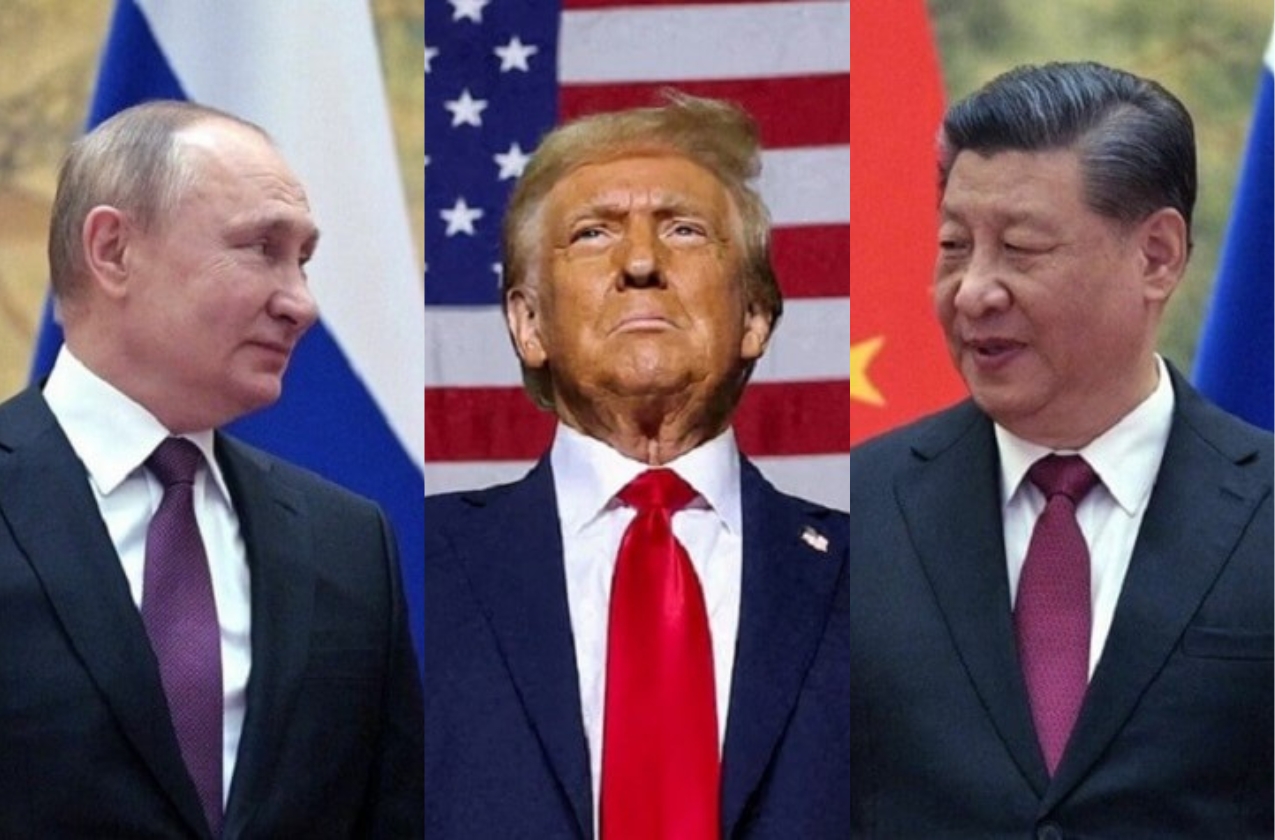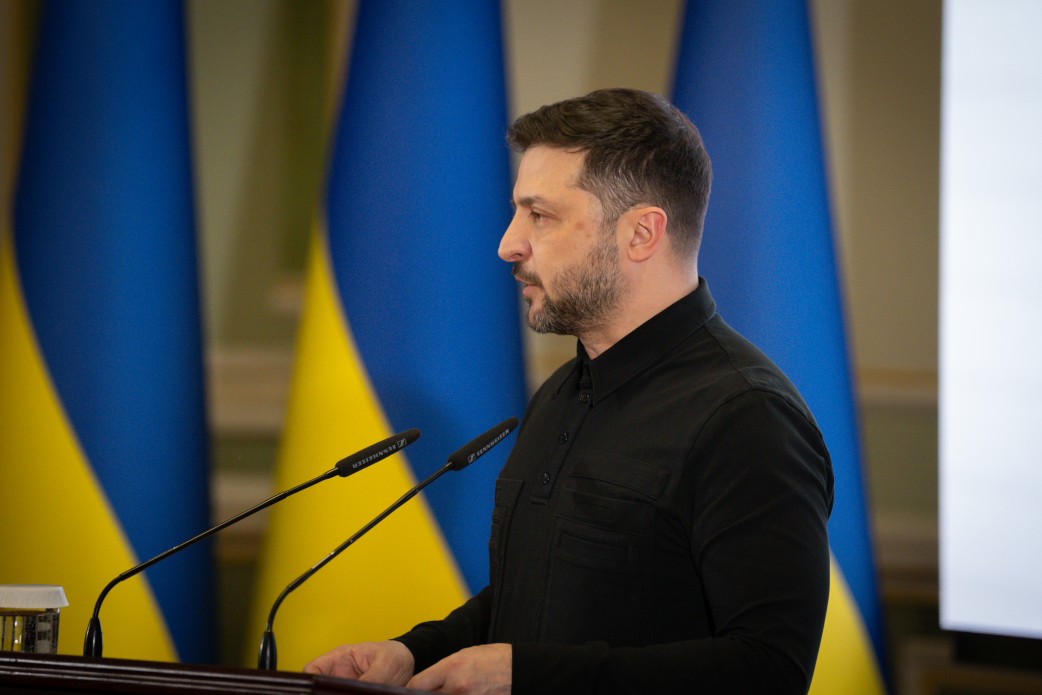By Vitaliy Kulik, Director of the Center for Civil Society Studies, for Glavred
It’s too early to rush to conclusions about a potential trilateral meeting between Trump, Xi Jinping, and Putin, or to compare it to a new “Yalta” or the division of spheres of influence. There are still many unresolved contradictions between the parties. Moreover, there isn’t even a basic understanding of a model for how to resolve them.
In addition, I’m not convinced such a meeting will take place at all. Ideally, such a summit should result in a concrete document or decision that satisfies all sides—primarily the United States, Russia, and China. But so far, we’ve heard inflated expectations or even certain ultimatum-like demands from both China and the U.S., which are unacceptable to the other participants.
There is also no effective diplomatic work underway to address these contradictions. A “Yalta”-type agreement should be preceded by high-level consultations and at least some preliminary understandings. That’s why it’s premature to talk about dividing spheres of influence or drawing lines that split the world between the U.S. and China.
However, a meeting to “synchronize watches” is possible—to define certain compromises and areas in which the parties are ready to cooperate. And there are many such areas: from nuclear nonproliferation to food security, artificial intelligence, the global economic megacrisis, and so on. In other words, everything that concerns global Wall Street, China, and the U.S.
A second important topic would be reducing tensions in the Pacific region and other global flashpoints. There could be discussions about Ukraine, Africa, Latin America, or demilitarization in the Asia-Pacific region. However, real achievements in these areas should not be expected either. To talk seriously, for instance, about ending the war in Ukraine, effective negotiations need to take place—in Istanbul or elsewhere—with the participation of Ukraine, Russia, and U.S. shuttle diplomacy. Without such preparation, we should not have inflated expectations—a new “Yalta” will not happen.
As for Trump, there is no certainty he will even go to China. But Trump is unpredictable, and if he senses that he has some trump cards—something Xi Jinping would be forced to agree to—then a meeting might make sense. But so far, no such cards are visible. Aside from economic levers—such as oil prices or trade wars initiated by Trump—there are no serious accomplishments he could put on the table and say to Xi: “Agree to this.”
Even if this large multilateral meeting doesn’t happen, a bilateral one between Trump and Xi Jinping is theoretically possible. But even then, there must be an agenda—a list of issues where agreements can be reached: tariffs, taxation, investments, joint projects, economic influence in other regions. And again—are preparations underway? From what I observe in U.S.-China commissions and expert platforms discussing these issues—nothing substantial is happening.
There is no publicly articulated model for engagement with China within Trump’s circle. That doesn’t mean one isn’t being developed—analytical structures are at work, and consultations with various stakeholders are taking place. But so far, there’s no clear strategy that would indicate what Trump actually wants to do with China. And without that, there’s no point in going to such a meeting. After all, there’s no strategy for dealing with a country you supposedly want to divide the world with—or even subjugate, because right now there’s a lot of talk about how China is viewed in the U.S.: either as a junior partner or as a power to which certain tasks are delegated in the global redistribution of power. Still, the fact that Trump currently has no vision for what to do with China doesn’t mean such a vision won’t eventually emerge.
What should Ukraine expect?
First and foremost, we shouldn’t have inflated expectations. There won’t be any quick decisions regarding the war in Ukraine as a result of negotiations between Xi Jinping and Trump. The end of active hostilities is only possible due to many factors—above all, our resilience, effectiveness on the battlefield, economic stability, and cooperation with European partners.
If we can maintain all of that, then any agreements between Trump and Xi would not be the initiative that changes everything—they would simply formalize the existing reality: both on the front lines and in the broader geopolitical landscape. If the West remains strong, then lines of engagement with China may be defined. If not—then there won’t be anything to go there for. That said, Trump may still go, as personal contact with Xi is important to him. So the trip can’t be ruled out. But will it be productive? That’s doubtful. And that’s exactly why we shouldn’t set our expectations too high.





















